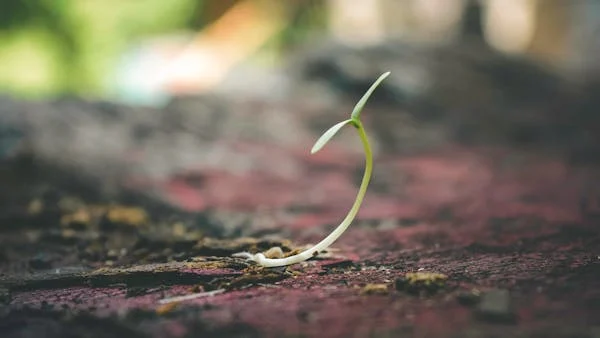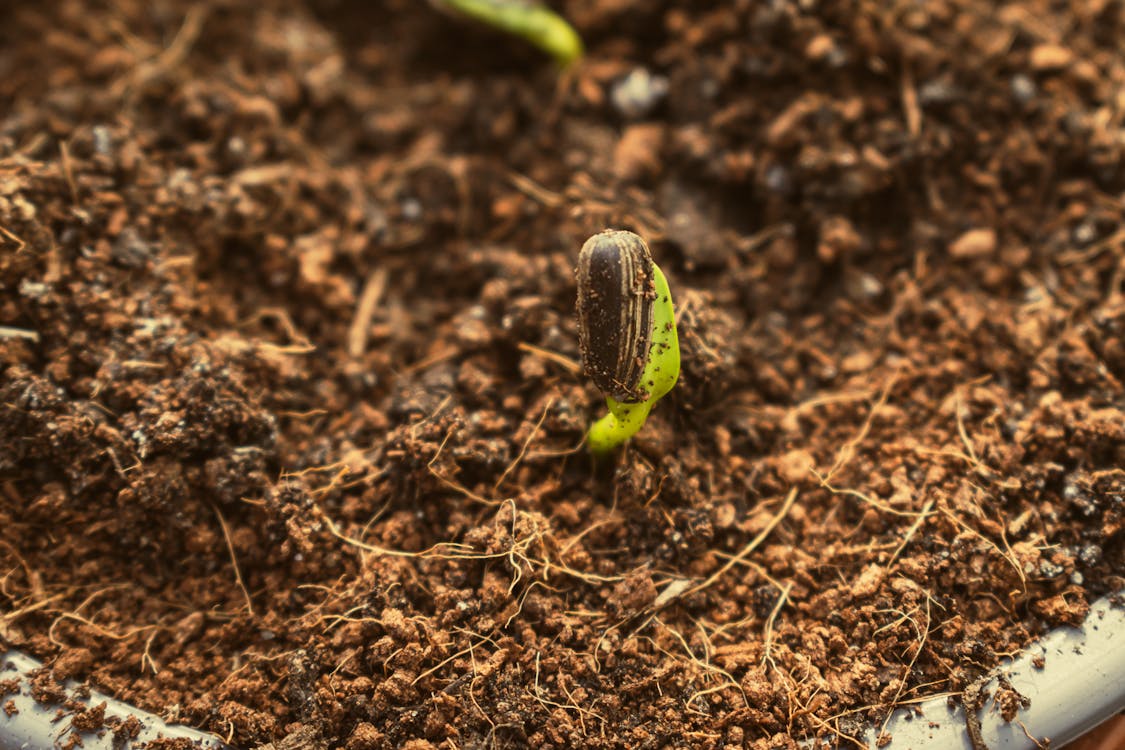It is like a mustard seed that a man took and planted in the garden. When it was fully grown, it became a large bush, and ‘the birds of the sky dwelt in its branches. Luke 13:18-21
What if the secret to achieving big goals lies in minor actions? How much could you accomplish if you committed to small, consistent habits over time instead of aiming for instant transformations? Could tiny, daily efforts make a difference in the grand scheme?

The parable of the mustard seed beautifully illustrates how even the smallest beginnings can lead to remarkable growth. In ancient texts, this tiny seed—one of the smallest in the garden—transforms into a large, sheltering tree over time. Its story invites a reflection on the power of small, consistent actions or atomic habits in our lives.
Imagine each atomic habit as a mustard seed: a tiny, almost imperceptible effort that, when tended daily, can grow beyond our expectations. Personal growth and change demand patience, care, and commitment, as the mustard seed doesn’t become a tree overnight. With every small action you take- whether it’s a few minutes of self-care, reading a page of a book, or choosing gratitude over frustrations- you are planting seeds for future transformation.

This meditation on the mustard seed reminds us that it’s not the grand gestures but the consistent, tiny acts that shape who we become. Over time, these atomic habits can redefine your life, helping you cultivate a space of resilience, growth, and meaning. Like the mustard tree, your small, steady actions create an impact far more prominent than we initially imagined.
In conclusion, the parable of the mustard seed teaches us that actual growth often begins with the smallest of actions. Just as the mustard seed grows into a towering tree, providing shelter and sustenance, your atomic habits– though seemingly insignificant- hold the power to transform your life.

Kamau
The little things and actions that really matter in creating great transformation in our lives. What a great way to redefine and recreate ourselves. Great article!